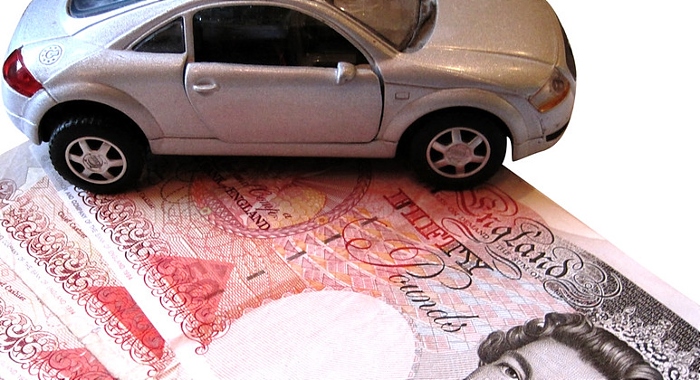
We’d love everything in life to be plain sailing.
Unfortunately, it’s just a given that sometimes unexpected expenses crop up along the way.
By making sure your finances are in order, you can mitigate the effects of any costs you weren’t expecting to have to pay.
It’s great to continually set aside money in a savings account or rainy-day fund, for example.
Another option is to spread out the costs by taking out an online loan. This can be handy when you want to spread out a large lump sum payment.
By doing this, you can pay back the total amount over a monthly repayment plan with interest, meaning that you won’t spend more than your budget allows all in one month.
However, you should always ensure you have the means to repay the cost each month before choosing this option.
Here are some of the main emergency costs you’ll want to be prepared for.
Car expenses
If you’re a driver, you probably know that car maintenance repairs don’t always come cheap.
You’ll be accustomed to paying for the standard monthly running costs, such as petrol or electricity.
But if your car unexpectedly breaks down or the car fails its MOT, this can call for a costly repair bill.
It’s important to review your driving habits to reduce the frequency of repairs, such as avoiding harsh accelerating and breaking which can reduce the lifespan of your cars breaks and clutch.
Home expenses
If you’re a homeowner, you’ll want to look out for unexpected home expenses.
This could entail anything from boiler breakdowns to repairs to water damage.
Some of these issues can be prevented by taking measures such as having regular boiler check-ups to avoid a large breakdown.
Checkatrade has found that emergency home repairs cost £900 on average. 30% of homeowners find themselves forking out for at least one emergency repair each year.
Though it’s hard to anticipate when your next home repair will be required and how much it will cost, it’s good to anticipate it ahead of time so that you can feel prepared.
Medical bills
If you have the misfortune of needing unexpected medical assistance, depending on the type of procedure you need and where you live, this could be costly.
Dental treatment, optical care and travel health costs aren’t covered under essential medical care in the UK.
Friends & Family
Sometimes family and friends find themselves in financial need and may come to you for monetary aid.
If this is the case, you may want to help them out. Don’t be afraid to refer them to professionals if this happens, so you don’t have to use all the funds from your pocket.
Everyone’s financial situation is different. HSBC recommends that if you can, you aim to stick to a 50-30-20 rule.
The concept is that you aim to spend 50% of your income on needs, 30% on non-essentials and 20% on savings and debt.
Being aware of the main sources of unexpected costs that you’re likely to face is the first step toward being prepared.
(Image under licence by Images Money https___creativecommons.org_licenses_by_2.0_)


















Recent Comments